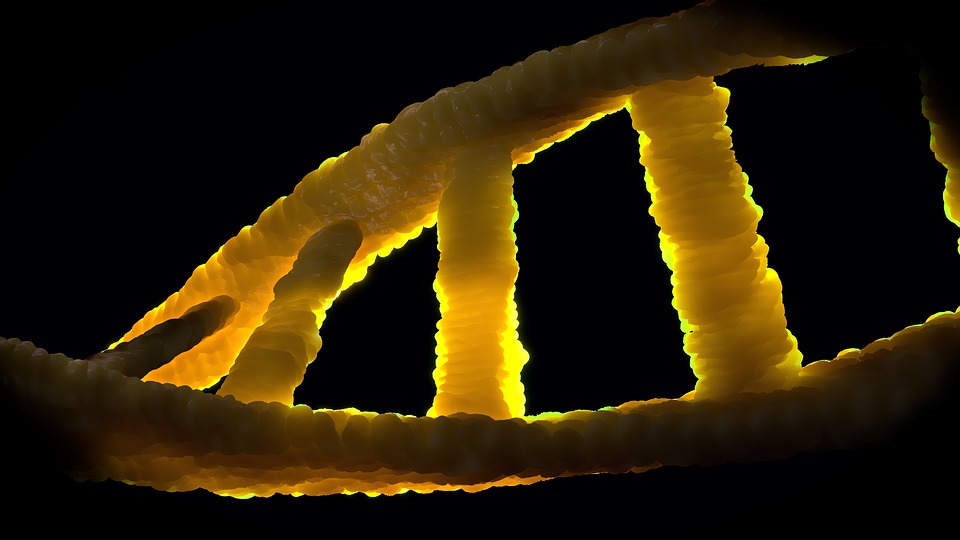Patients are at risk of being falsely reassured by negative test results if a doctor does not fully explain the complexities of these genetic tests
Patients may be at risk of harmful misinformation thanks to the government’s move to allow non-genetic specialists to order tests for breast and ovarian cancer, experts warn.
In November 2017, the federal government introduced new Medicare item numbers for genetic testing which enabled any non-expert specialist and consultant physician (but not GPs) to order these tests, taking them out of the realm of genetic services and family cancer clinics who oversaw most of the testing before.
While broader access to such tests was needed, patients were at risk of being falsely reassured by negative test results if the doctor did not or could not fully explain the complexities of these tests, Associate Professor Judy Kirk warned in an MJA perspective.
The head of the Familial Cancer Service in Sydney’s Westmead Hospital wrote the piece with her colleagues, urging clinicians to make it clear to patients that a negative result, which only says no mutation was found, did not necessarily that the patient did not have a genetic risk.
“When a mutation is not found using the initial mutation search in an affected family member, this negative result is not truly negative, but rather is uninformative,” she wrote.
“Only 5% of female breast cancers, 15% of invasive epithelial ovarian cancers and up to 14% of male breast cancers are related to BRCA1 or BRCA2 mutations, thus, most patients with breast cancer do not need, nor will they benefit from, a genetic test.”
Under the new item numbers, only patients with a 10% or greater chance of finding a BRCA1 or BRCA2 gene are eligible for the tests, based on one of the validated algorithms cancer experts use to calculate risk.
Professor Kirk also said it was important to be clear that around one in 10 BRCA1 and BRCA2 tests found a “variant of uncertain significance” which was not clearly benign or disease causing. That proportion could be even higher with the other genes included in the Item 73296 descriptor (STK11, PTEN, CDH1, PALB2 and TP53).
As well as clearly explaining this uncertainty, they warned that the implications of clearly pathogenic results might not be straightforward depending on personal circumstances.
They pointed to a US case where a woman was told she had MLH1 and BRCA1 gene mutations and undertook a double mastectomy and hysterectomy. However, her results were in fact negative and had been misinterpreted by her doctors.
MJA 2018; online 3 September


